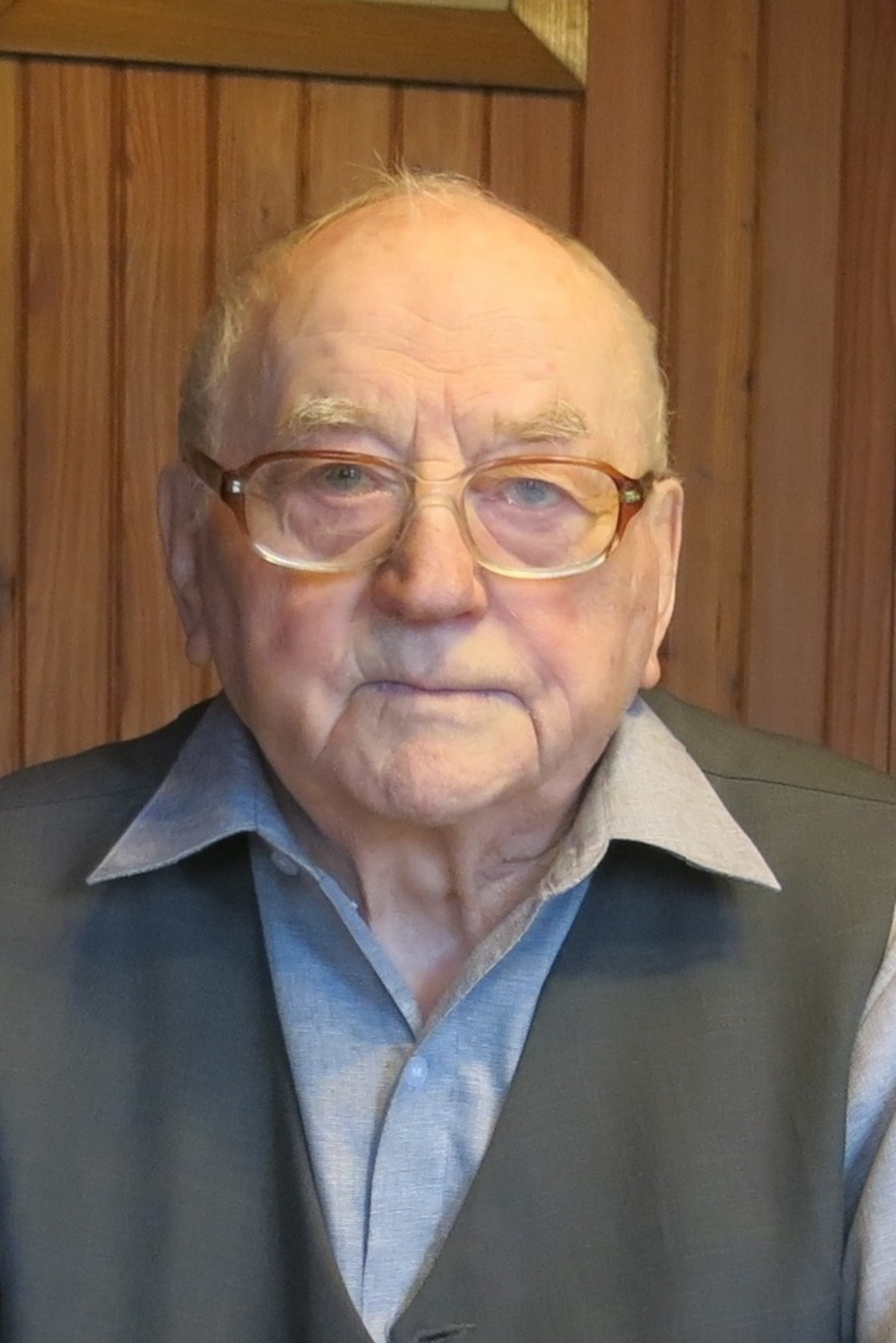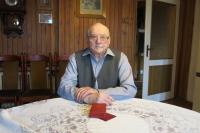My life was quite intensive

Download image
Gerard Tatarczyk was born on April 19, 1929 in Wilchwy, currently a quarter of Wodzisław Śląski (Silesian province). He was raised in a peasant family, professing Catholicism. His father, Antoni Tatarczyk - a veteran of World War I and his mother, Józefa nee Wuwer, run a 5-hectare farm in Wodzisław Śląski at Stroma street (currently Ofiar Oświęcimskich street). Gerard is interested in horse breeding, he and his older brother and three sisters helped their parents on the farm. At Gerard’s family house, they spoke Silesian dialect, although his parents could also speak Polish and German. Before the war, Gerard attended Polish primary school, after an outbreak of the war in 1939, he started education at the so-called „Übergangschule” - a transitional school. As a young boy, he wasn’t taken to the army, but he was hiding since January 1945 in Karvina (Zaolzie). After the war, Gerard returned to family house in Wodzisław Śląski and was sent to Basic Agricultural Vocational School in Międzyświeć near Skoczów. He later continued education at Agricultural Technical High School, where he passed a school-leaving exam and was awarded the title of farmer technician. After he had passed a school-leaving exam, Gerard he was ordered to work in the District Board of Agriculture in Racibórz. In 1954, he moved to his family town Wodzisław Śląski, where he worked as a zootechnician. In 1975, he became the chairman of the Association of Agricultural Cooperatives and active member of many institutions, among others, he was a delegate of Chamber of Agriculture in Wodzisław Śląski. For his services for agricultural cooperative movement, he was honoured with Officer’s Cross of the Order of Polonia Restituta in 1999. Gerard married a daughter of a wheelwright from Wilchwy, Bernadetta nee Gruszka on September 13, 1953. They have seven children: 4 daughters and 3 sons. In 1957, Gerard took over a 7-hectare farm from his father, which he run with her wife. In 1989, he went into retirement and made over 18 hectares to his son Tomasz. Gerard speaks Polish and Silesian dialect, he can also speak German. He is still professionally and socially active. He lives in Wodzisław Śląski.

